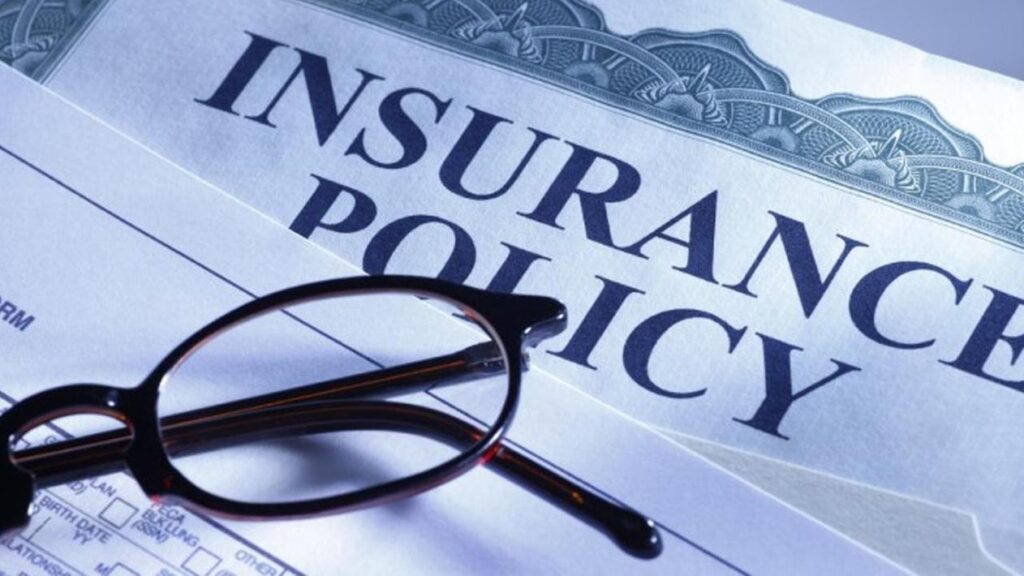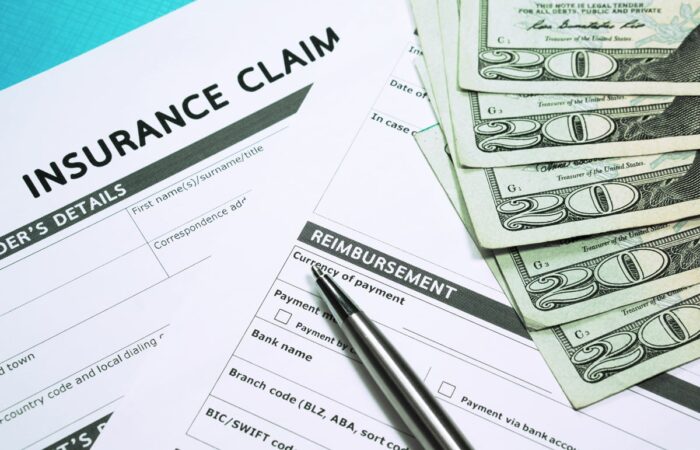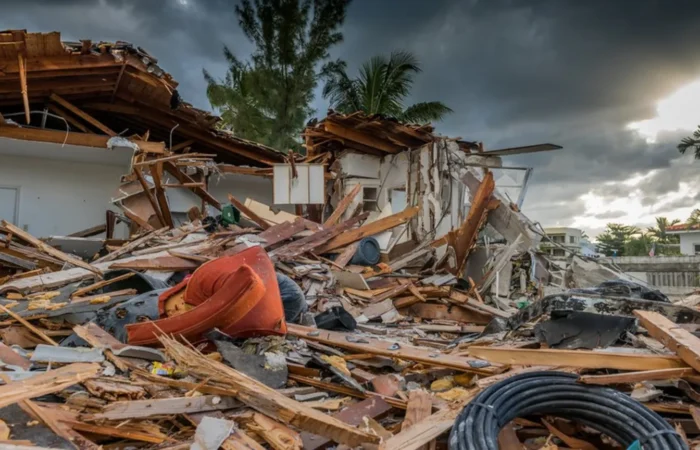When Hurricane Helene unleashed its fury, it upended lives and reshaped communities. For many property owners, grappling with the aftermath meant navigating the labyrinth of insurance claims.
To secure the compensation you deserve, you need to employ deliberate strategies.
Let’s lay out the 10 actionable steps you can take to maximize Hurricane Helene insurance payouts and reclaim stability after the storm.
1- Understand Your Policy Inside and Out

Your insurance policy isn’t just a contract—it’s your shield against financial ruin. Yet, it often brims with intricate clauses and exclusions. To claim effectively, immerse yourself in the policy’s details. Identify what’s covered, such as wind or flood damage, and note exclusions.
Don’t just skim! You need to dissect the policy. Look for wording that can possibly lead to disputes. For example, does your policy cover “water damage,” or does it specifically exclude storm surge? Knowing these details fortifies your claim strategies for Hurricane Helene, allowing you to counter any resistance from your insurer.
2- Document Damage Thoroughly
After the storm passes, the clock starts ticking. Seize the moment to meticulously catalog all damages. Photographs and videos serve as irrefutable evidence. Snap every broken shingle, shattered window, and waterlogged wall.
Don’t limit your documentation to visible damage. Investigate for hidden issues like mold or structural instability. Create an inventory of damaged belongings, listing their condition, age, and approximate value. This level of detail leaves no room for insurers to downplay your claim.
3- Avoid Rushing Through the Claims Process
It’s tempting to sprint through the claims process in the wake of chaos. But hasty decisions can jeopardize your chances of maximizing insurance compensation. Take the time to report the damage correctly and submit a complete claim.
Patience is key. Ensure every aspect of the damage is included before filing. Insurers often scrutinize initial reports. Omissions or inaccuracies can provide them with grounds to underpay or deny. Taking the extra time strengthens your case and underscores your commitment to fairness.
4- Enlist Professional Help
Interpreting an insurance policy can feel like cracking a secret code. This is where professionals, like adjusters or lawyers, come in. A Fort Lauderdale hurricane damage lawyer can unravel complex terms, advocate for your rights, and challenge unfair practices.
Public adjusters also provide invaluable assistance. They assess the damage independently, ensuring your losses are accurately calculated. While they charge a fee, their expertise often leads to higher payouts, making their involvement worthwhile.
5- Be Prepared to Negotiate
Insurance companies don’t always hand over money willingly. Oftentimes, they will offer a lower settlement to save costs. Stand your ground and be ready to haggle.
Arm yourself with data, estimates, and professional assessments. If the insurer’s offer seems inadequate, counter with your evidence. Persistence often pays off. Negotiating strategically demonstrates your determination to secure a fair settlement.
6- Handle Partial Payments with Caution
Sometimes, insurers send partial payments quickly after a hurricane. While these checks may seem like relief, accepting them without clarity can be risky. For insurers, these payments are considered settlements, which in turn, limit your ability to claim further compensation.
Before cashing any check, consult an expert, such as a commercial property damage lawyer in fort lauderdale. They’ll help ensure the payment aligns with your policy and doesn’t restrict your future claims.
7- Mitigate Further Damage Immediately

Insurance companies expect policyholders to prevent further damage after a storm. This means taking steps to protect your property from worsening harm. Cover exposed areas, dry out flooded spaces, and secure broken windows.
Keep receipts for materials or services used in mitigation. These expenses may be reimbursed later. Failing to act could give insurers an excuse to reduce your payout, arguing negligence on your part.
8- Maintain a Claims Diary
Keep track of every interaction with your insurance company. Record phone calls, emails, and letters. Note dates, names of representatives, and key points discussed.
A detailed diary creates a timeline of events, which can be critical if disputes arise. If your claim is delayed or denied unfairly, your records provide a robust account of your efforts and communications.
9- Stay Persistent During Delays
Hurricane claims can drag on, testing your patience. Some insurers delay payouts intentionally, hoping you’ll accept a lower settlement out of frustration. Don’t fall into this trap.
Follow up regularly and politely. Reference your claims diary and hold insurers accountable for meeting their obligations. Persistence sends a clear message: you won’t settle for anything less than fair treatment.
10- Know When to Escalate
If negotiations stall or you face outright denial, escalate the matter. File a complaint with your state’s insurance department, which regulates insurance companies.
In extreme cases, litigation can be necessary. In such situations, a skilled legal team can guide you through the process and ensure justice prevails.
The Takeaway
Rebuilding after Hurricane Helene requires resilience and strategy. To maximize Hurricane Helene insurance payouts, delve into your policy, document comprehensively, and engage with professionals.
Claiming what’s rightfully yours isn’t just about money—it’s about restoring stability. By employing these tips for maximizing insurance compensation, you can navigate the complex claims process with confidence.For those facing challenges, legal experts like Tarnovsky-Lopez Law stand ready to assist. With their support, you can conquer claim obstacles and secure the compensation you deserve. Don’t let insurance hurdles hold you back—take charge of your recovery today.






